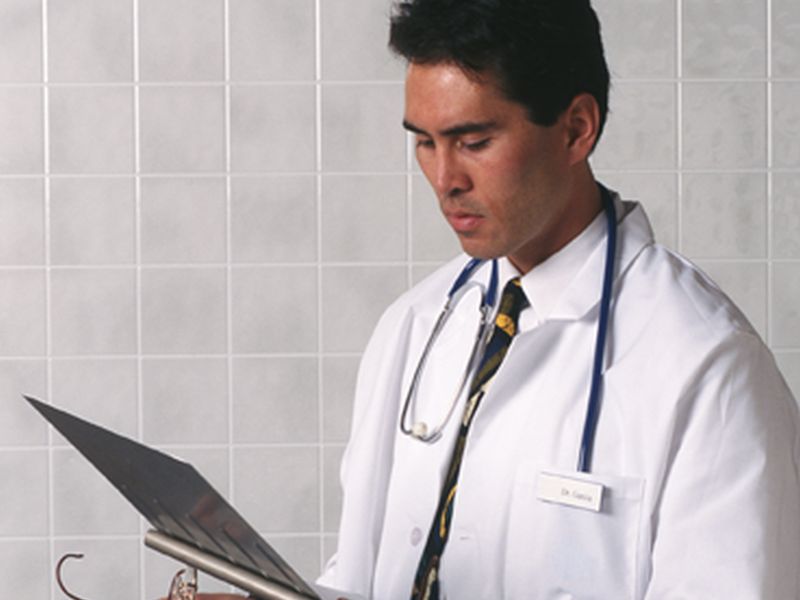
Monday, February 8, 2016

MONDAY, Feb. 8, 2016 (HealthDay News) -- Urologists are far more likely than primary care doctors to do prostate cancer screenings known as prostate-specific antigen (PSA) testing, a new study reports.
For the test, a blood sample is taken and sent to a laboratory to check for levels of a protein produced by cells of the prostate gland.
PSA testing declined overall after the U.S. Preventive Services Task Force in 2011 recommended against routinely screening all men. But the new research finds the falloff was sharper among primary care doctors than urologists.
Between 2010 and 2012, PSA testing decreased from about 36 percent to 16 percent at primary care physician visits but only from about 39 percent to 34 percent at urologist visits, the researchers found.
This discrepancy may reflect different perceptions of the benefits of the test among doctors, the authors said in the study published online Feb. 8 in JAMA Internal Medicine.
The greater decline in PSA testing among primary care doctors could also stem from conflicting prostate cancer screening guidelines and differences in patients' demographics or expectations, the study authors suggested.
"Moving forward, this finding emphasizes the need to continue interdisciplinary dialogue to achieve a broader consensus on prostate cancer screening," the researchers from Brigham and Women's Hospital in Boston concluded.
The research team, led by Dr. Quoc-Dien Trinh, used the National Ambulatory Medical Care Survey to examine PSA testing one year before and one year after the task force recommendations were issued.
The study involved nearly 1,200 preventive office visits made by men aged 50 to 74 who were not diagnosed with cancer or any other prostate condition. Primary care doctors were seen in 1,100 of these visits. The others were examined by a urologist, a doctor who specializes in the urinary tract.
SOURCE: JAMA Internal Medicine, news release, Feb. 8, 2016
HealthDay
Copyright (c) 2016 HealthDay. All rights reserved.
- More Health News on:
- Prostate Cancer Screening









































No hay comentarios:
Publicar un comentario